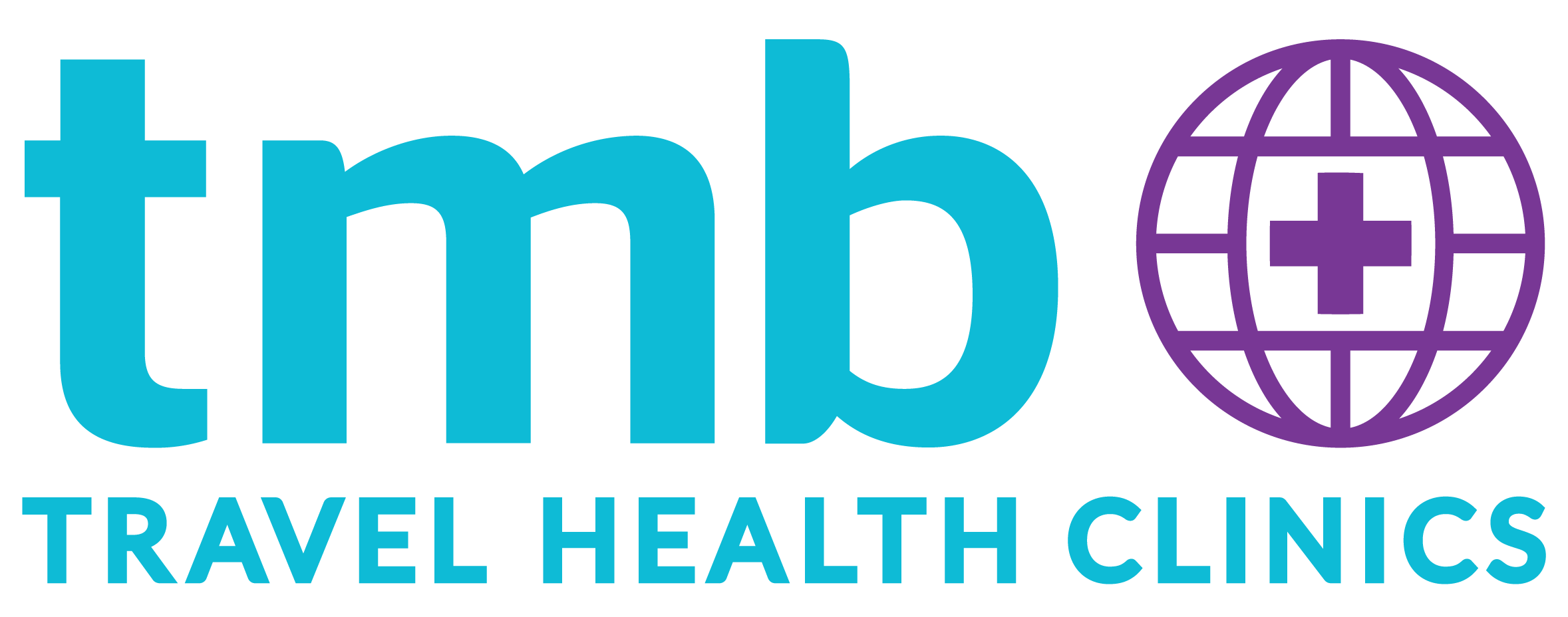The Monkeypox Virus comes from the same family of viruses as Smallpox and was initially recognised in 1958 in research monkeys. While some of the signs and symptoms of Monkeypox are similar to that of Smallpox, Monkeypox has a significantly lower death rate than Smallpox: 3-5% vs. 30% respectively.
So far, symptoms of Monkeypox in humans have not been reported as too severe, however the virus has been described as highly contagious, spreading from person-to-person through contact with infected clothing, bedding material and skin-to-skin contact. The risk of airborne transmission of Monkeypox is recognised to be small, as it is typically through large droplet spread and that normally only occurs with close personal contact.
Quick Facts
- The incubation period of Monkeypox is generally between one and three weeks and has been reported to self-resolve generally within two and four weeks of contracting the virus
- Individuals that are infected and those identified as close contacts should isolate for three full weeks
- Currently, there is no specific treatment or vaccine widely available for Monkeypox
- A newer version of the smallpox vaccine may become available for those at significant risk following exposure. It is very unlikely that this will be available prophylactically. If any further vaccine or treatment information becomes available, we will release further details
Symptoms of Monkeypox
Those infected with Monkeypox will have all the usual signs of a serious viral disease (fever, headache, muscle pains, sweating, rash etc) but also, they will usually have pronounced enlargement of their lymph glands which helps to distinguish it from chickenpox.
The lesions associated with Monkeypox are mainly found on the hands, feet, and head of the infected person, in contrast to lesions associated with Chickenpox which are mainly on the head and trunk.
Contracting Monkeypox
The virus can be passed from individual through contact with infected clothing and bedding and from skin-to-skin contact. The risk of airborne transmission of Monkeypox is recognised to be small, as it is typically through large droplet spread and that normally only occurs with close personal contact.
To date monkeypox has not been recognised as a standard sexually transmitted infection but this requires further investigation. The severity of the illness is more frequently seen in children and those with malnourishment or an altered and poor immune state.
Monkeypox is typically self-limiting and in most cases, infected persons will not have long term consequences except for the potential scarring at the sites of the healed pox lesions. Those with the disease (or close contact with an infected individual) should fully isolate for a 3-week period to lessen the risk of viral spread. Others washing their clothing and bedding will be at a particular risk and caution is strongly advised.
ENDS
For comments / interview opportunities, please contact Ali Finnegan, ali@travelmedia.ie, +353 860492394
About Tropical Medical Bureau Group
The Tropical Medical Bureau Group (encompassing Nomad Travel in the UK) is the leading travel medicine clinic group in Ireland, specialists in providing the best information and medical care available for the international traveller. Collectively, the TMB Group sees approximately 60,000 patients on an annual basis, ranging from the private holidaymaker to employees of commercial companies, and overseas volunteers to NGO’s and Government departments, all of whom benefit from the expertise of our highly experienced clinic staff.
Since it was founded in 1988, TMB has undergone major growth and expansion to currently encompass 27 clinics, 20 clinics in Ireland (four base clinics and 16 associate clinics). In 2016, TMB acquired Nomad Travel Clinics in the UK. Nomad Travel Clinics has 30 years experience in travel health, pharmacy & retail, throughout 7 clinics across the UK.
What distinguishes TMB is our vast experience and expertise, as well as our superb patient aftercare. All our patients have a detailed consultation with one of our specialised healthcare staff. This covers everything from food and water risks, mosquito avoidance, malaria and thrombosis, as well as risks associated from altitude exposure, and also Zika and COVID-19 risks, which may be associated with your trip. Following a detailed consultation, we then decide on which travel vaccines and malaria tablets are appropriate. Our specialised travel medicine software is constantly being updated with travel news, so if anything is happening in your destination that you need to be aware of, we’ll make sure you are.

